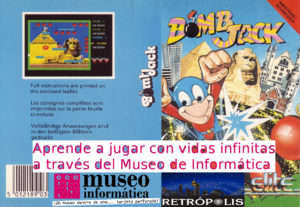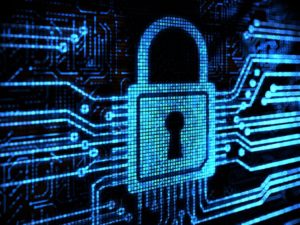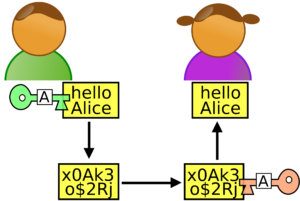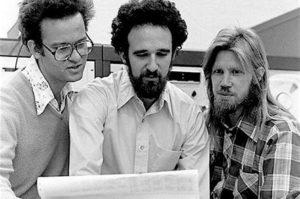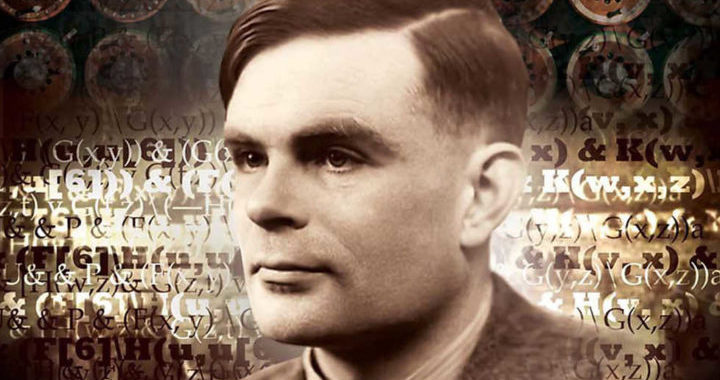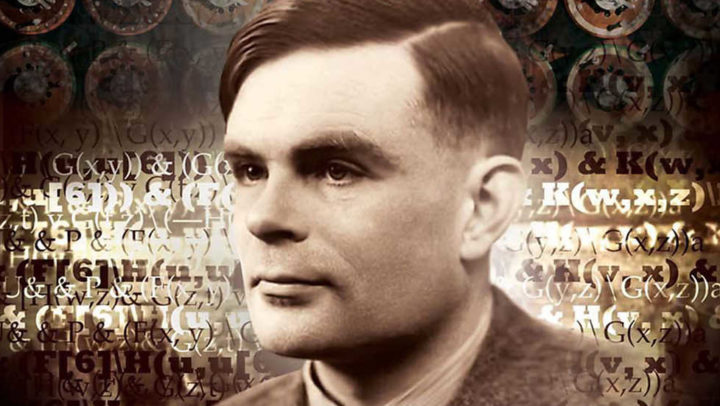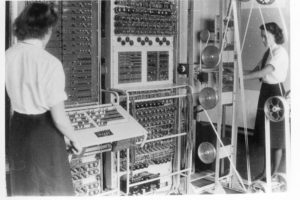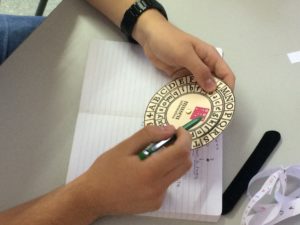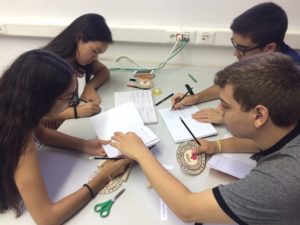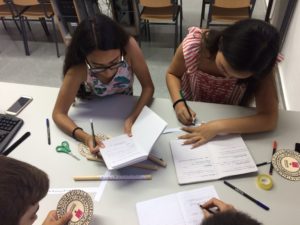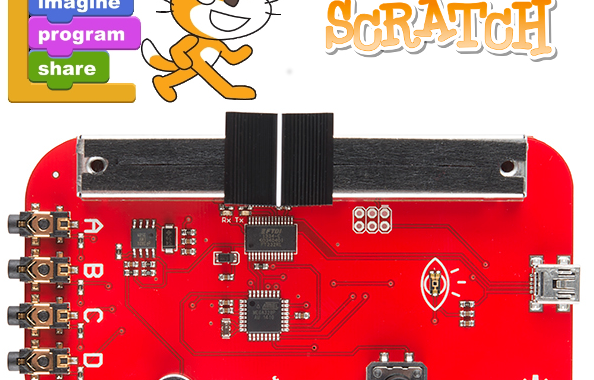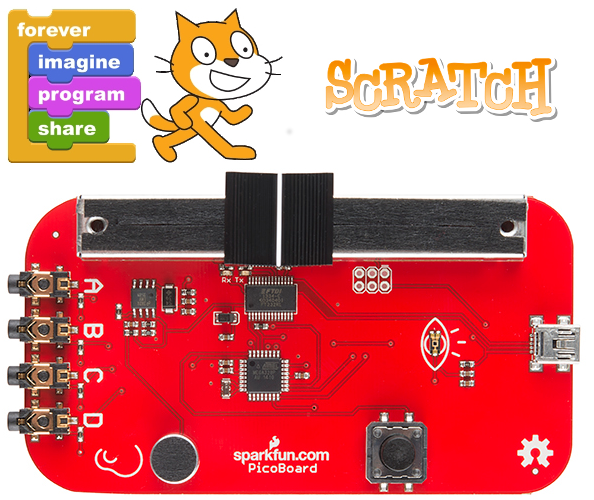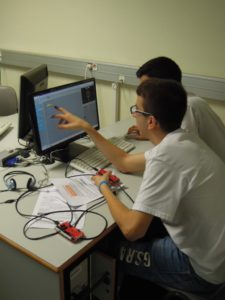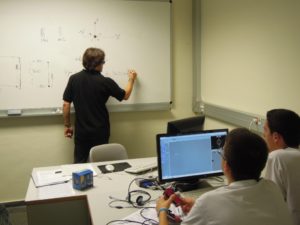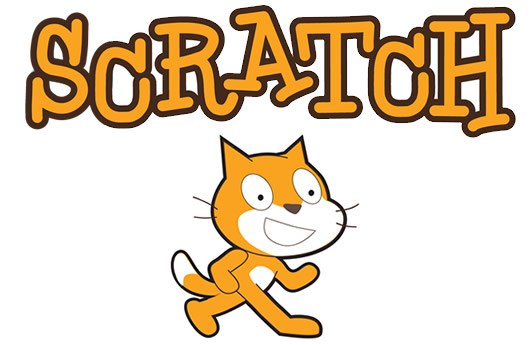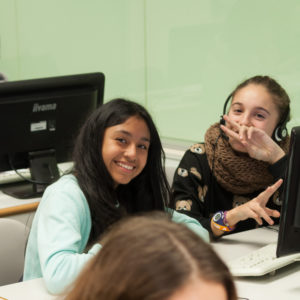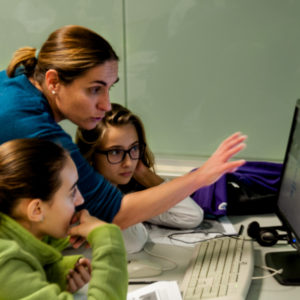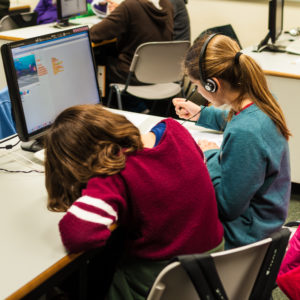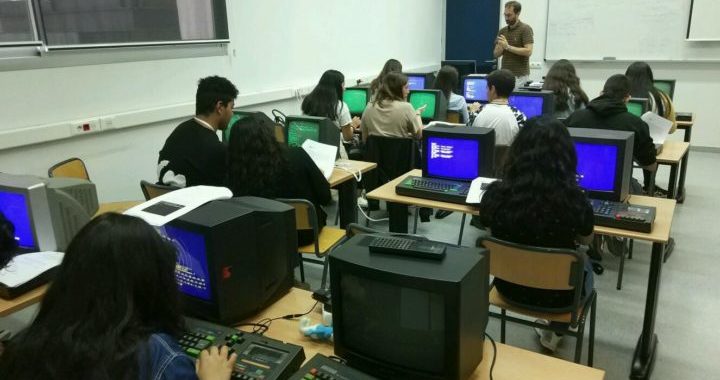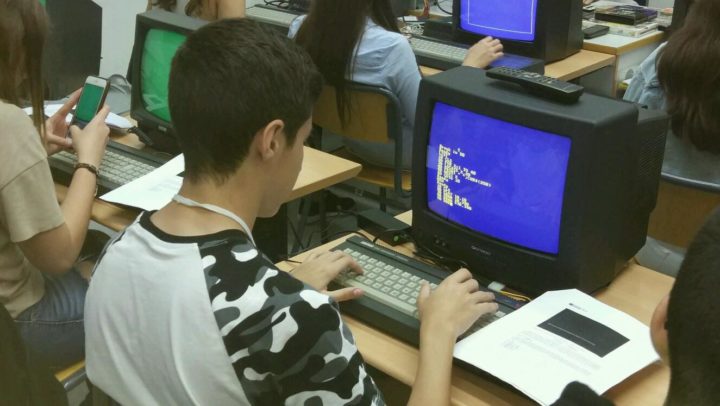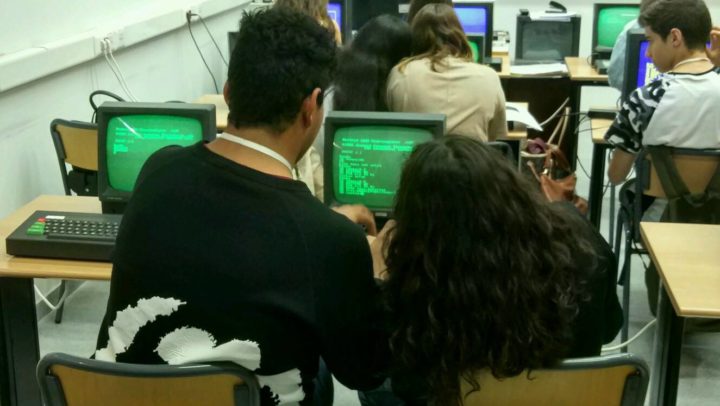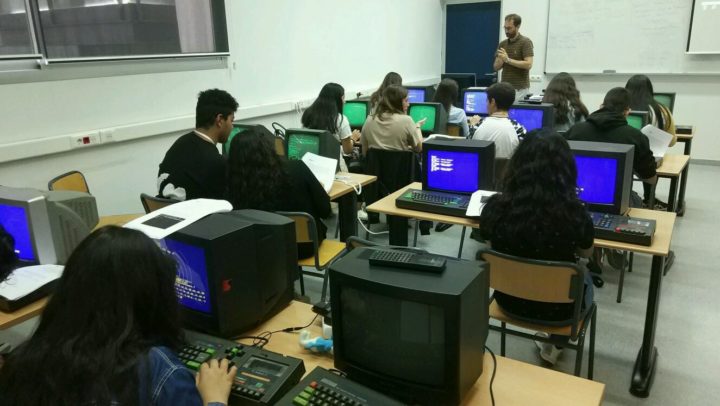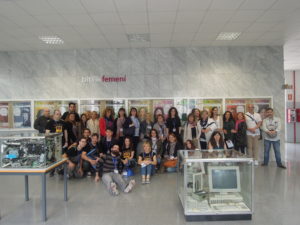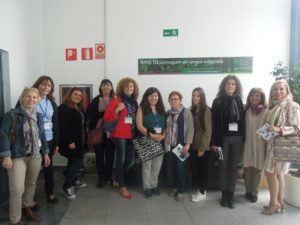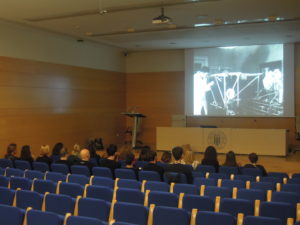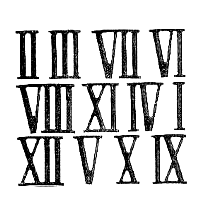¡¡ SCRATCH DAY 2020 !!
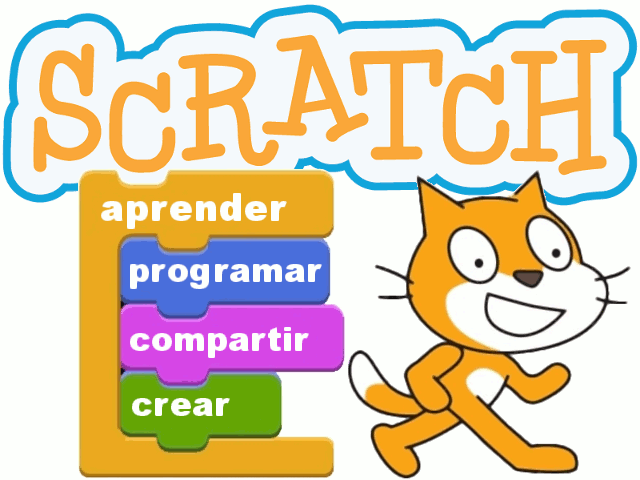
Bienvenido a la página oficial del Scratch Day del Museo de Informática de la ETSINF.
¡¡ Diviértete Programando !!
Ven a programar y jugar con nosotros.
Debido a las condiciones especiales que estamos viviendo por motivo al COVID-19, el taller está dirigido exclusivamente a los alumnos del primer curso del Grado de Ingeniería Informática.
El taller tendrá lugar al finalizar las jornadas de bienvenida los días 14, 21 y 28 de septiembre en las aulas 1.1 y 1.2 del edificio 1G, sólo se podrá asistir el día que cada alumno tenga su jornada.
Recuerda que esta actividad es completamente gratuita y se expide un certificado de asistencia.
Para la realización del taller es necesario disponer de un ordenador portátil propio.
Te puedes inscribir haciendo clic AQUÍ .
A qué esperas? Apúntate!!
El día de la actividad, aquí encontrarás el material y los consejos necesarios para realizar las actividades.

